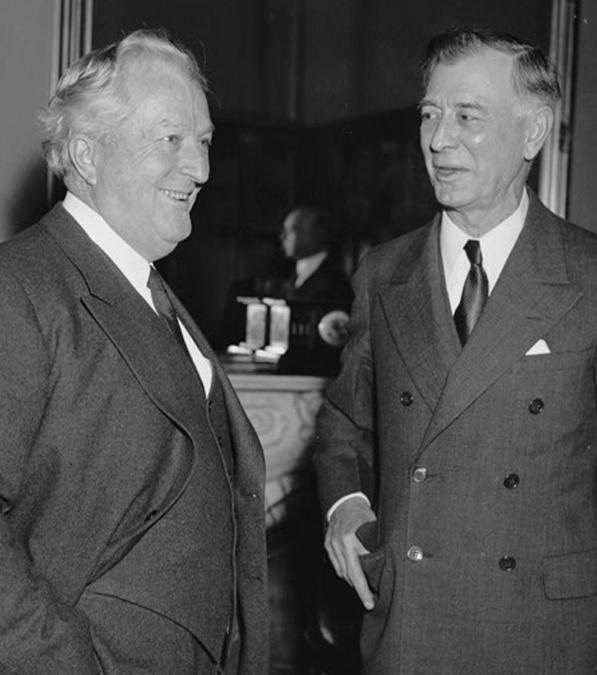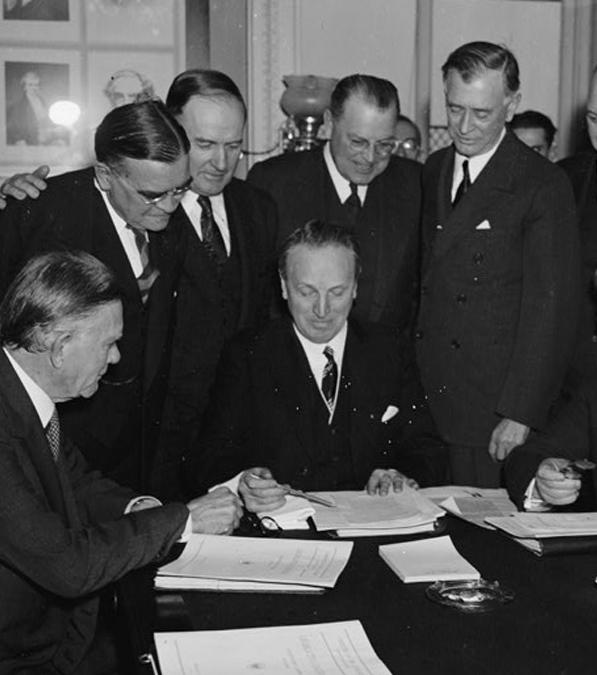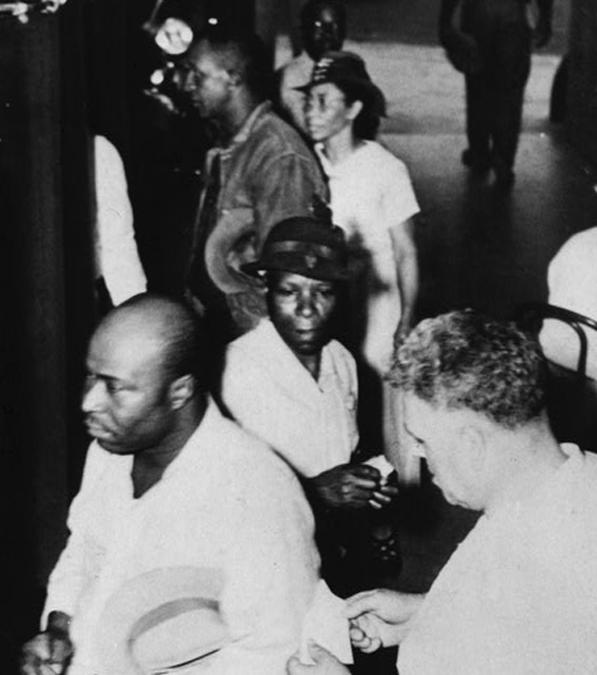
The Constitution of the United States of America vests all legislative powers in (U.S.) Congress, the legislative branch of government, making it the only federal body authorized to write, debate, and pass laws that govern all Americans. The (U.S. or national) legislature — comprising the House of Representatives and Senate — introduces bills, i.e., draft laws. A bill becomes law after being passed in identical form by a majority of votes in both chambers of Congress and signed by President of the United States.
Section "Learn and Explore" uses official instructions and media files of US Citizenship and Immigration Services, US National Museum of American History, The Smithsonian Institution and other governmental and public organization.




